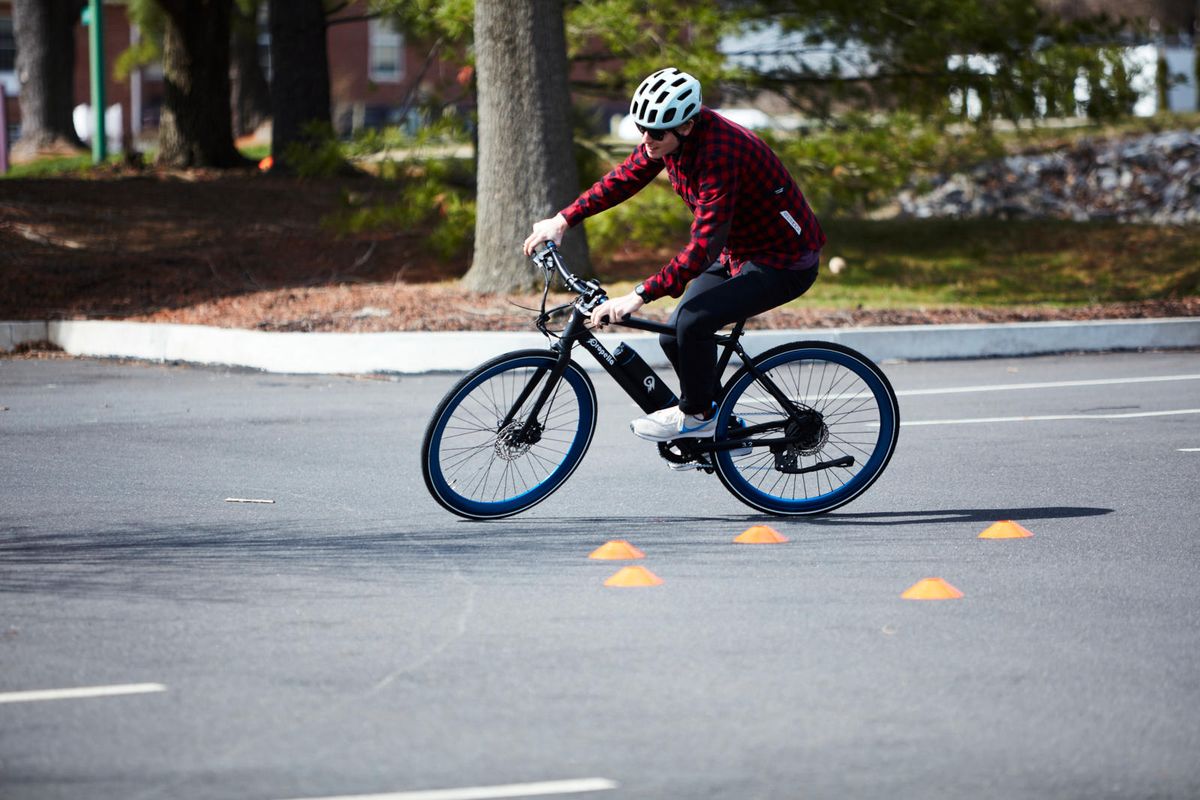The Consumer Product Safety Commission voted Friday to seek public input on whether bicycle safety requirements are outdated and adequately address problems with electric bikes. In addition, Commissioner Mary T. Boyle asked the agency’s technicians to conduct a study of “dangerous patterns” on e-bikes.
This action comes after the U.S. Consumer Product Safety Commission received a request to waive roller coaster braking requirements for some children’s bicycles and will seek comment on the request.
The comment period on the bicycle safety requirements will begin when the CPSC publishes a legal notice in the Federal Register on Thursday and will end 60 days later. The notice will explain how to submit comments, including submitting written comments through the Federal eRulemaking Portal or by mail to CPSC: 4330 E. West Hwy., Bethesda, Md. 20814.
The CPSC said commenters should evaluate whether compliance with these standards provides adequate safeguards, particularly with respect to e-bikes.
“More than 20 years ago, Congress authorized the CPSC to promulgate regulations to protect the safety of consumers who ride low-speed electric bicycles,” Boyle said in a statement. “The agency did not do this, and now we need to seriously consider whether we should do it. I am pleased that my fellow commissioners have joined me in taking this recent action, and I recommend a broad dialogue with stakeholders currently involved with bicycles, including electric ones. Are the safety requirements for bicycles (bicycles) adequate?”
The U.S. Consumer Product Safety Commission may develop new rules for bicycles after a comment period, according to a statement from PeopleForBikes on Monday.
“As such, we will engage in this process in partnership with our member companies and their subject matter experts to help develop robust, principled regulations that improve safety, reduce the number of unsafe products on the market, and help CPSC achieve its mission. : Protect consumers by giving them the tools they need to regulate the market.”
PFB Policy Advisor Matt Moore said, “PeopleForBikes looks forward to providing comments and participating in the development of future changes needed to the CPSC rules for bicycles and e-bikes, including the addition of applicable recognized testing standards. “Stronger regulations are needed in January to curb the import and sale of unsafe, untested batteries for use in electric vehicle devices, and we are pleased to see progress in regulating the unfortunate flow of unsafe mobility products into the U.S. market.”
Boyle cited an October report from the U.S. Consumer Product Safety Commission that found injuries and deaths on e-bikes are rising due to crashes, braking and user control issues. He also noted that while road safety is key, the weight, speed and acceleration of e-bikes also play an important role. Boyle said the 2023 e-bike study will increase understanding of these dangers.
Last December, the U.S. Consumer Product Safety Commission sent letters to more than 2,000 manufacturers and importers of electric bicycles and other micromobility devices, urging them to comply with relevant safety standards, including UL 2849.
An increasing number of fires involving lithium-ion batteries in New York City has prompted the City Council to take action: It recently passed a package of safety laws that includes a ban on the sale of e-bikes, e-scooters and other electric mobility devices, as well as batteries that do not meet recognized standards. certifications such as UL. Last month, New York senators Chuck Schumer and Kirsten Gillibrand said at a news conference that they support federal legislation to regulate safety standards for lithium-ion batteries.
Boyle said: “I have called on commission staff to put pressure on manufacturers on battery safety issues in micromobility devices, including e-bikes, which at the very least should not be sold unless they meet voluntary safety standards for batteries and electrical systems. “Commenters to the petition are encouraged to consider whether compliance with these standards will provide adequate safeguards in the e-bike industry.”
Statement: The picture and text come from the Internet, compiled and published according to public information, reproduced for the purpose of disseminating information, if there is any infringement or violation, please contact us to delete. If you need to reprint or quote the materials of this article, please indicate the source.
Post time: Jan-05-2024
